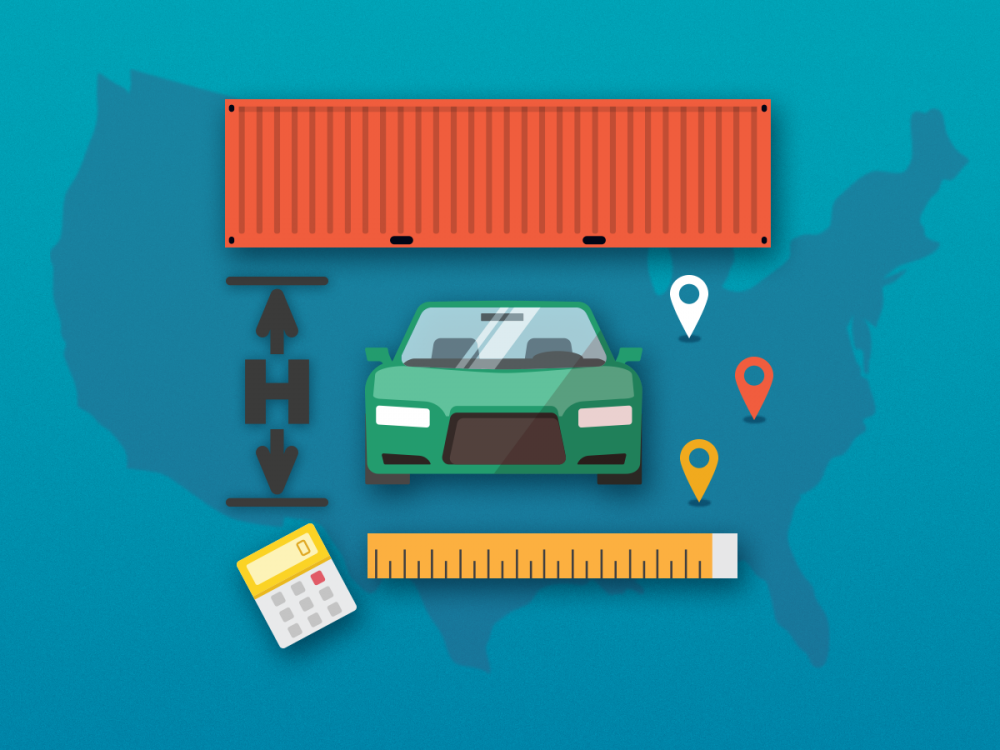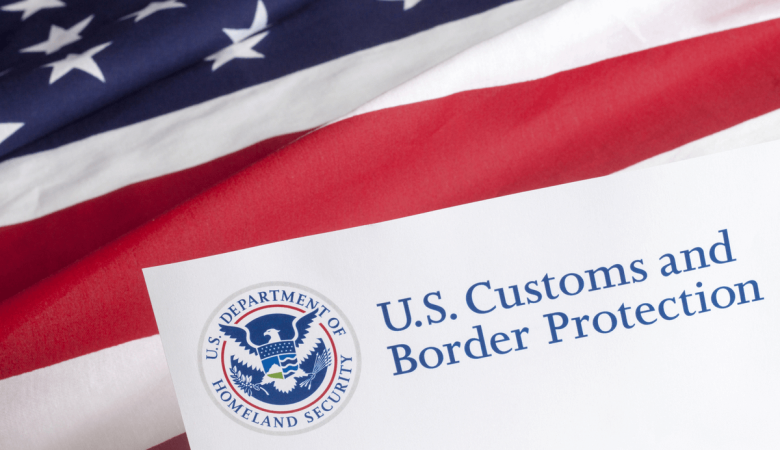Did you know that shipping a vehicle from the US to Finland can be half the cost of shipping from the US to Panama? That’s because the distance is not the only factor for calculating your shipping quote.
Many other factors are taken into account for vehicle shipping, both for domestic and international rates: seasons, vehicle dimensions, port fees, and more.
In this post, we’ll take a closer look at the factors that determine your shipping costs.
Vehicle dimensions
The bigger the vehicle, the more it’ll cost to ship. Providing the vehicle’s year, make, and model when filling out your quote form will provide its size and weight so we can better determine what it’ll take to ship it. Especially when shipping vehicles internationally carrier space is limited and anything that takes up more room will, of course, be more expensive. Vehicles that have their own individual containers will be even more expensive.
Departure/ destination port fees
Usually, the closer a port of loading is to a final destination, the lower the price. There are port fees that vary from destination to destination that make a huge difference in the final cost, though.
Individual entities like port authorities, shipping lines, and freight forwarders get a share from your shipping cost. So, except for the standard 40 ft container rate, you’ll have to pay the ocean freight charge for LCL (less than container load) or RORO (roll-on, roll-off) rates if you ship internationally, depending on how you choose to ship your vehicle.
If you ship two or more vehicles from different ports, you’ll have to pay the LCL price for each of them.
Carrier type
There are various carrier types used to ship vehicles, both domestically and internationally. For example, if you need to ship a salvage car across the US for under 50 miles, EasyHaul will find the least expensive flatbed carrier. For longer distances, a car hauler that fits multiple vehicles may be used and can be more expensive. This includes delivering vehicles to a port for export.
If you’re shipping domestically a classic car that you want to be protected, you’ll want to opt for an enclosed trailer. Individual, enclosed trailers are more expensive because they are generally smaller and carry fewer loads.
Time of year
Seasons, weather, and holidays can significantly affect your shipping quote. For example, there is significantly more traffic than normal during international holidays, like Christmas or the New Year. People are shipping things all around the world, so rates are impacted by sheer volume.
Traffic tends to die down when the holiday rush is over and particularly during the summer, so flexibility on shipping dates can help you save money.
Route
Shipping a vehicle to a destination that isn’t near a port increases not only the rate but the travel time too. For example, if a vehicle is purchased from an auction in the middle of the United States, it needs to be delivered to a port of loading to be exported. If the destination in the country the vehicle is traveling to isn’t near a port, that will also play into your total shipping costs.
It’s important to factor in a route that will minimize your shipping costs. If you’re buying a vehicle from an auction and intend to export it, you can try to find a vehicle that’s already located near a port.
Ship with EasyHaul
If you’re having trouble calculating a shipping quote online, please email us at [email protected]. We’ll help you get your shipping quote and explore all your options to make your shipping experience easy.






Leave a Reply
You must be logged in to post a comment.